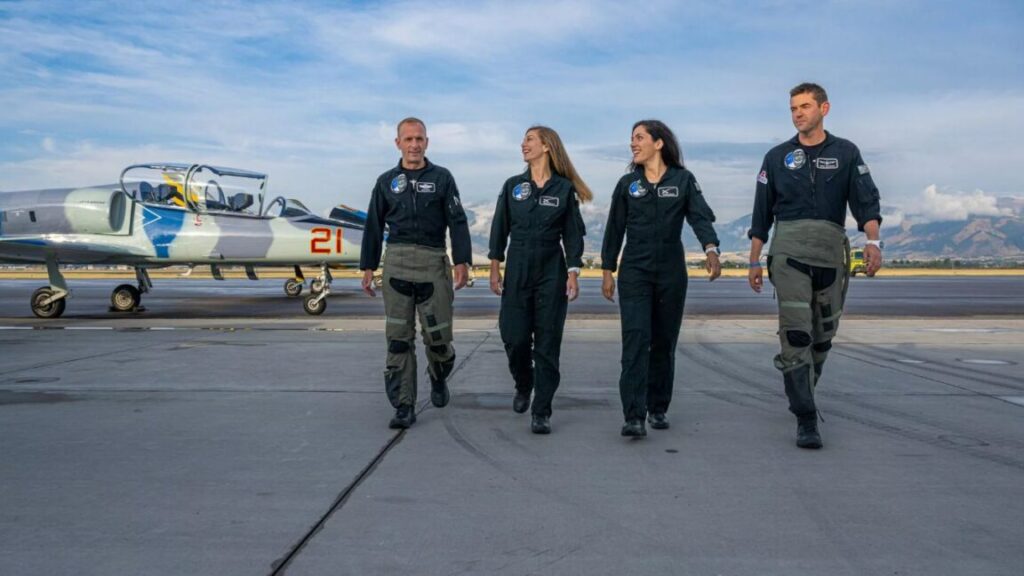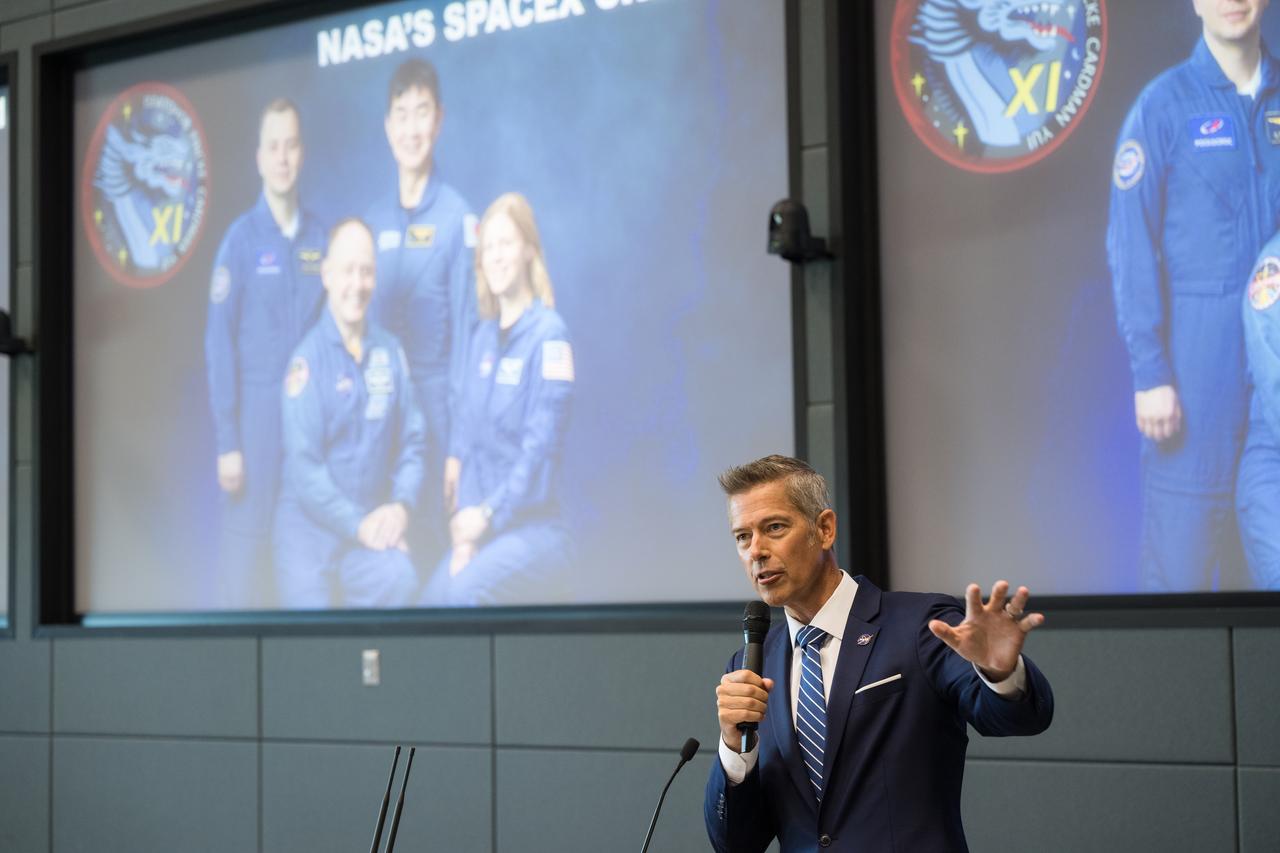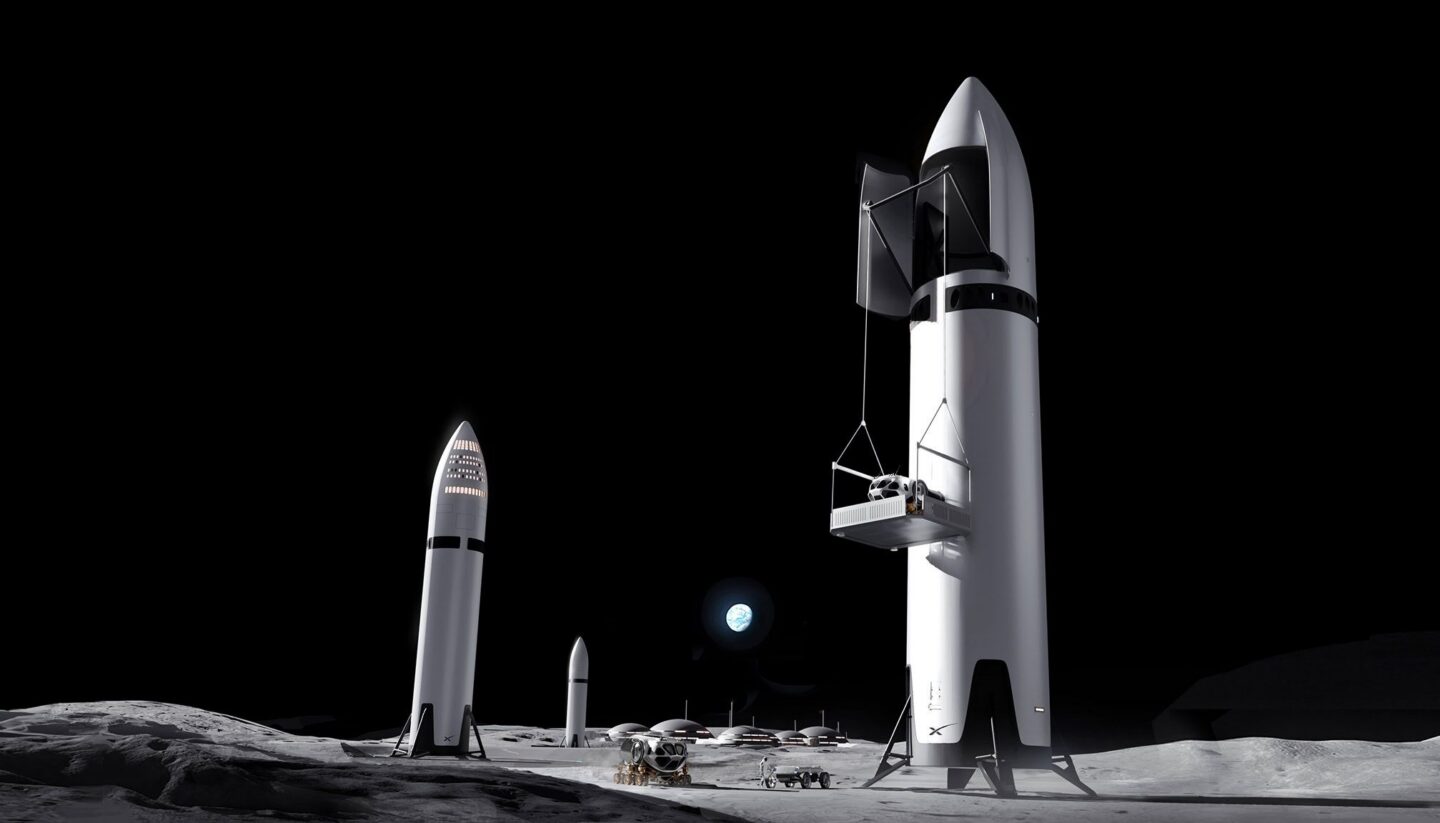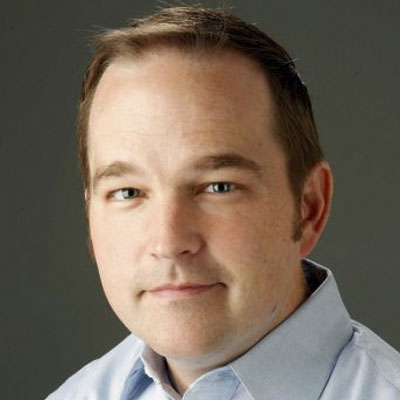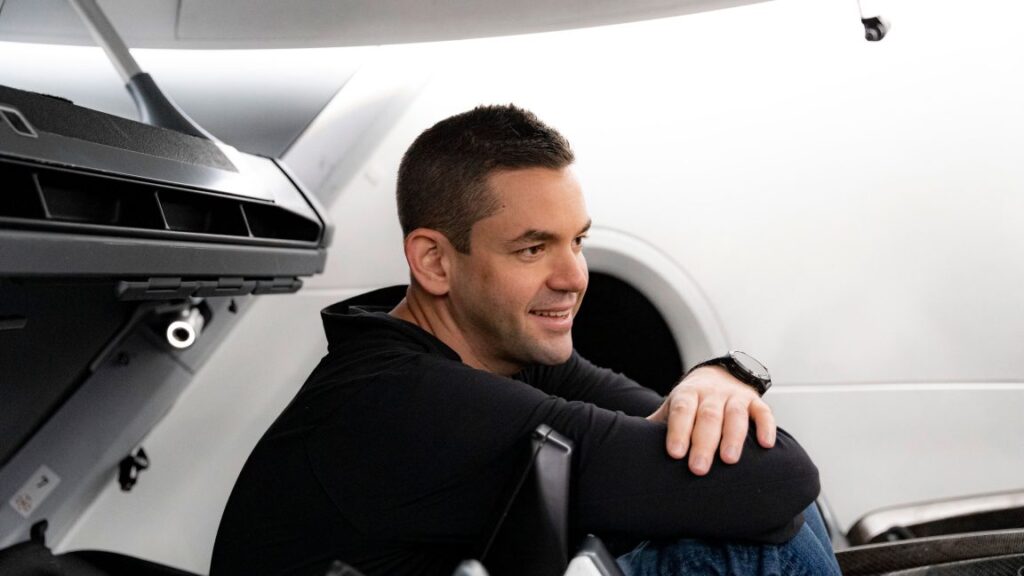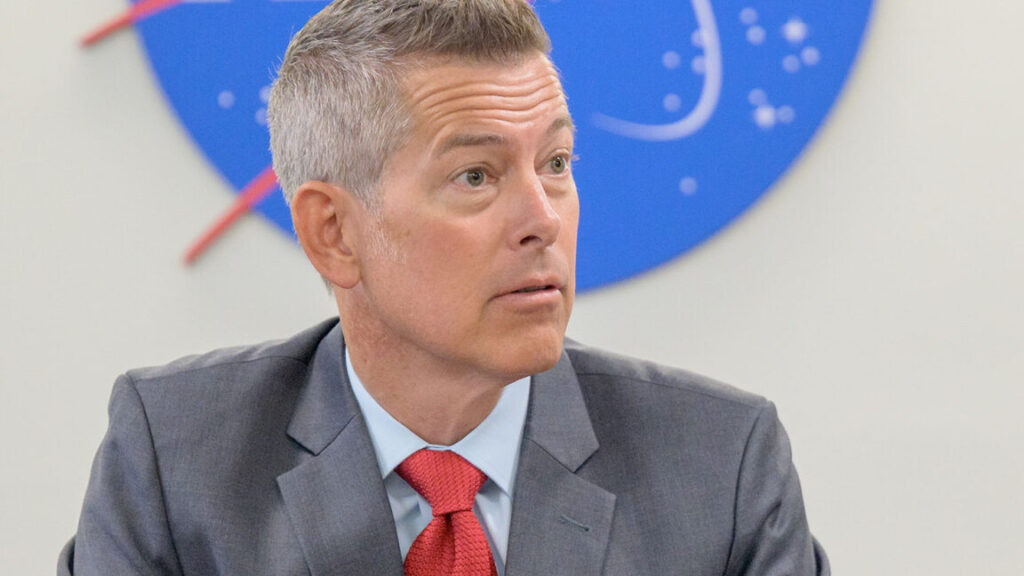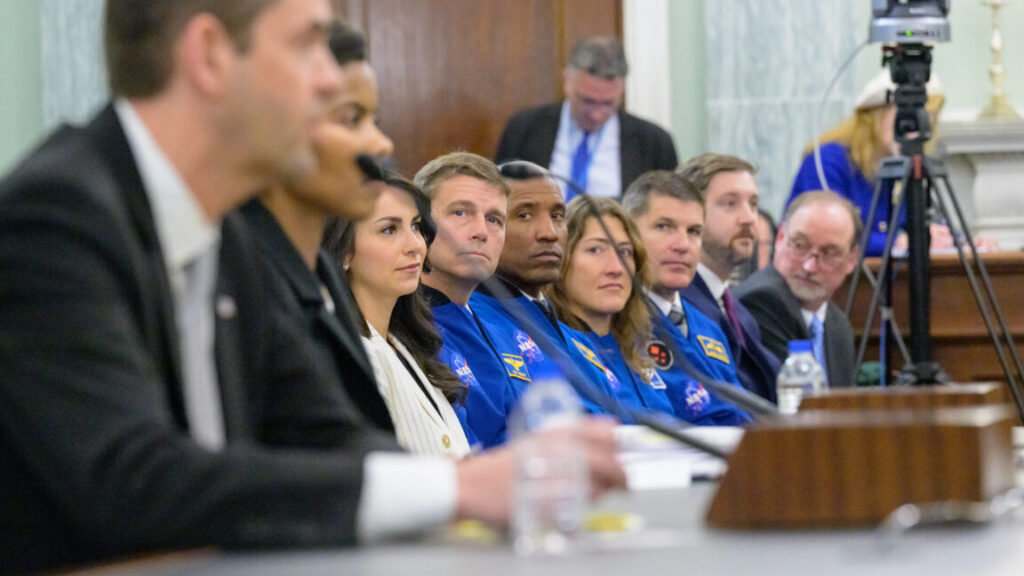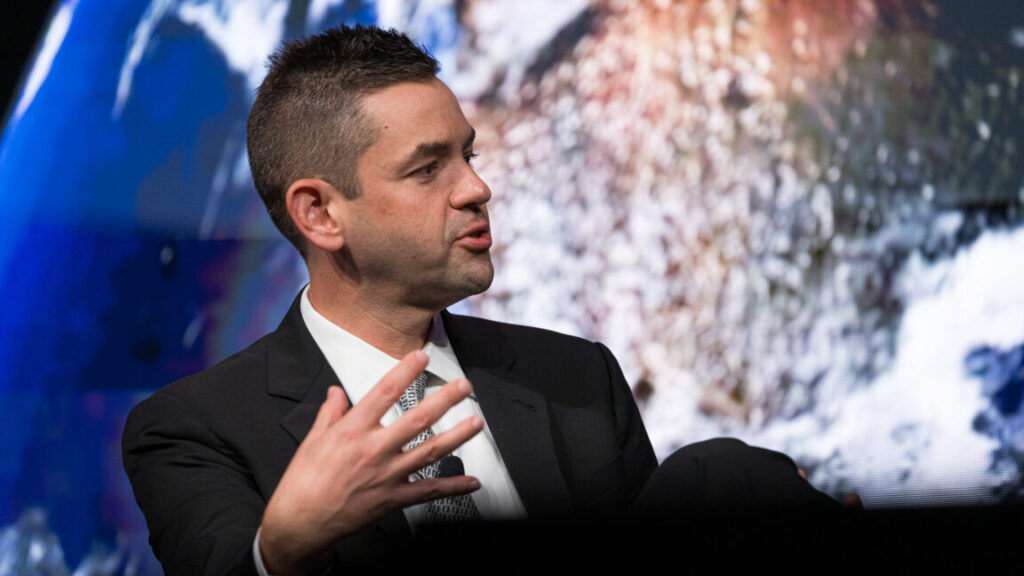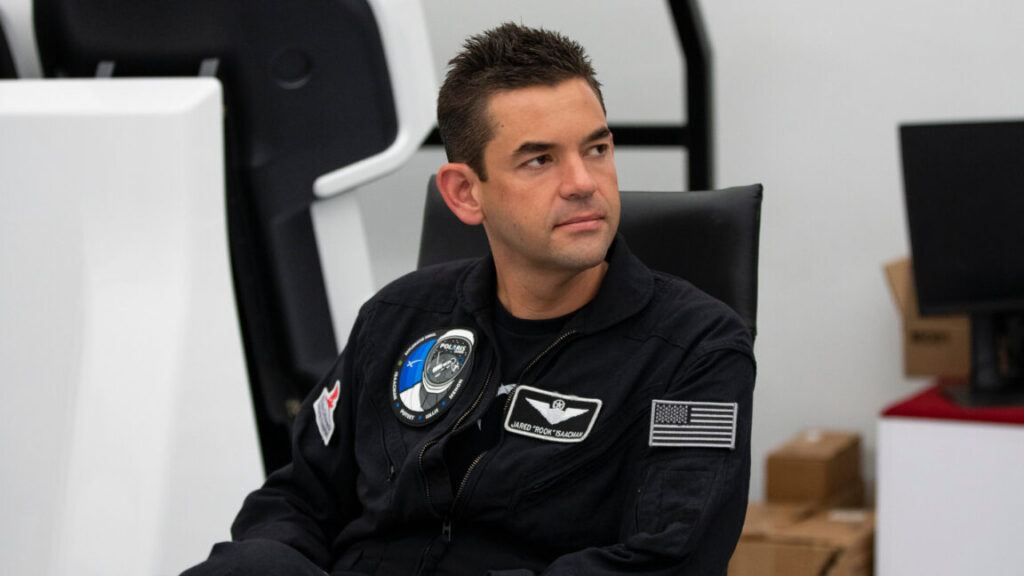Trump commits to Moon landing by 2028, followed by a lunar outpost two years later
Strikingly, there is no mention of a concrete plan to send humans to Mars in this document. There are just two references to the red planet, both of which talk about sending humans there as a far-off goal. One source recently told Ars that as soon as Trump learned there was no way humans could land on Mars during his second term, he was no longer interested in that initiative.
OMB in the picture
Also absent from this document is much reference to space science, with only a mention of “optimizing space research-and-development investments to achieve my Administration’s near-term space objectives.”
The architect of the Trump Administration’s proposed deep cuts in space science (which Congress has largely forestalled) was Russ Vought, head of the Office of Management and Budget. It’s probably not a great indicator for science missions that Isaacman is directed to coordinate with Vought’s office to achieve policy objectives in the executive order.
All told, the policies Trump signed are generally forward-looking, seeking to modernize NASA’s exploration efforts. Isaacman will face many challenges, including landing humans on the Moon by 2028 and working with industry to develop an on-time successor to the International Space Station. Whether and how he meets these challenges will be an intriguing storyline in the coming months and years.
Trump commits to Moon landing by 2028, followed by a lunar outpost two years later Read More »


